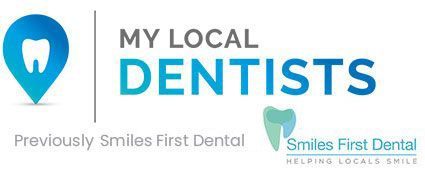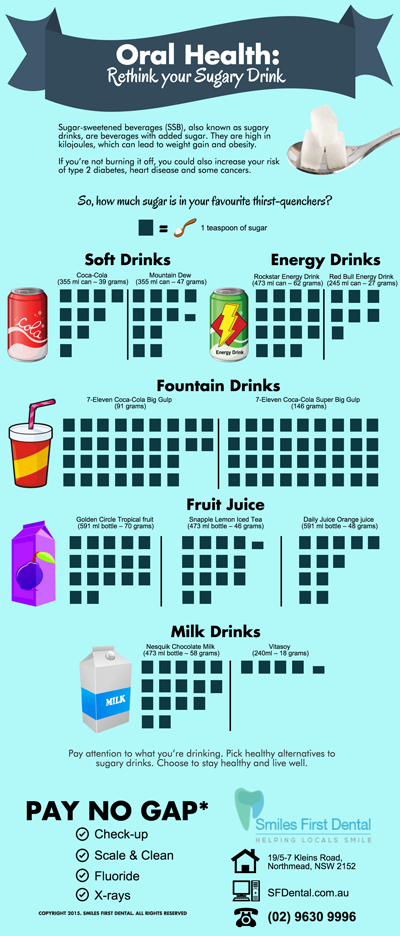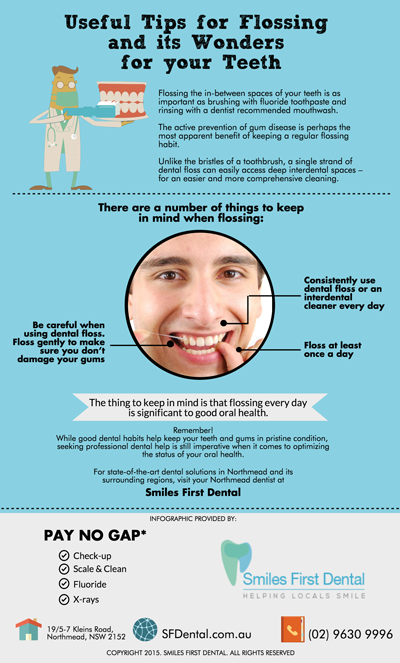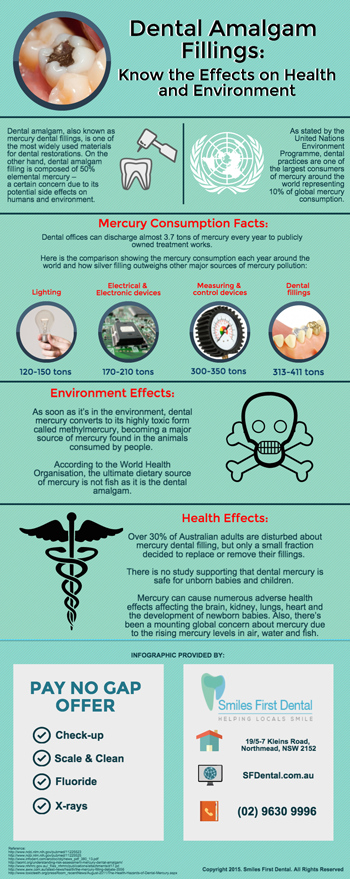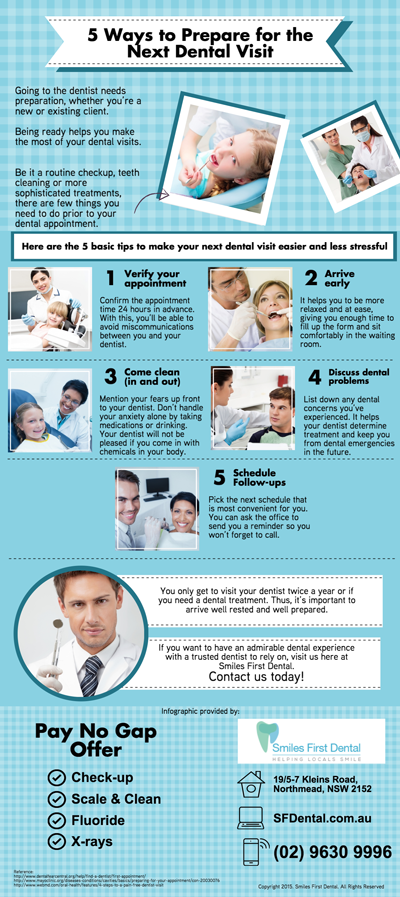Oral Health Northmead
Understanding the Importance of a Dental Exam
 A dental exam appointment is a very important opportunity for dental experts to pinpoint any early indication of dental problems. It is not only crucial for your oral health but also to your general wellbeing.
A dental exam appointment is a very important opportunity for dental experts to pinpoint any early indication of dental problems. It is not only crucial for your oral health but also to your general wellbeing.
There are many things that happen in your mouth that only your dentist can see, and they are trained to detect those issues. Your dentist will check the three principal areas: teeth, gums and soft tissues in your mouth. One of the best ways to protect yourself from oral diseases is to remain on top on your dental exams.
Dental Exam Overview
A regular dental exam that involves routine checkups would usually take 30 minutes while it takes 45 minutes or more for new patients. The reason is most oral health problems can be treated quickly and inexpensively when they are detected early.
Useful Tips for Flossing and its Wonders for your Teeth
Dental Bridges: Types, Benefits and Care Tips
Dental Amalgam Fillings: Know the Effects on Health and Environment
Tooth Anatomy: Discover the Parts of your Teeth
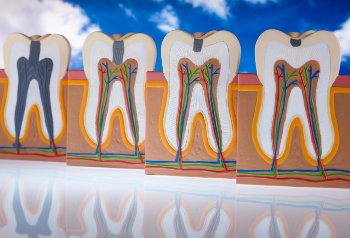 Nothing is more beautiful and comfortable than having a healthy set of teeth. You can smile contentedly, eat the food you want, and speak properly without any issues around your mouth. That’s because your teeth play an important role in your life and can impact your overall health.
Nothing is more beautiful and comfortable than having a healthy set of teeth. You can smile contentedly, eat the food you want, and speak properly without any issues around your mouth. That’s because your teeth play an important role in your life and can impact your overall health.
Teeth help you to bite and chew food so it can be swallowed and digested properly. It also forms the words you speak so you can talk properly. Most of all, the presence of your pearly whites provide a form to your face and mouth.
Teeth are in fact more important than what you think. Knowing what they are made of let you understand the significance of their role and function in your overall oral health.
7 Common Foods that Promote Tooth Enamel Erosion
5 Ways to Prepare for the Next Dental Visit
Dry Socket: Risk Factors, Prevention and Treatment
 Tooth extraction could be your dentist’s last option if your tooth can’t be saved anymore due to severe decay or damage. It’s also one of the many dental procedures most people are afraid to experience, particularly those who have dental fear. After the procedure, your dental team will provide guidelines about the things you should do for a faster recovery of your mouth. That includes the prevention of developing dry socket.
Tooth extraction could be your dentist’s last option if your tooth can’t be saved anymore due to severe decay or damage. It’s also one of the many dental procedures most people are afraid to experience, particularly those who have dental fear. After the procedure, your dental team will provide guidelines about the things you should do for a faster recovery of your mouth. That includes the prevention of developing dry socket.
Dry is socket is a common and temporary dental complication to which dentists also referred to as alveolar osteitis. It can cause serious pain in your mouth for 5 to 6 days, a kind of discomfort that is greater than having your tooth pulled out. The pain happens when the socket where the tooth is extracted loses its blood clot or becomes infected. Knowing what the risk factors are and how to prevent it right after the surgery lessens your discomforts and quickens your mouth’s healing processes.
